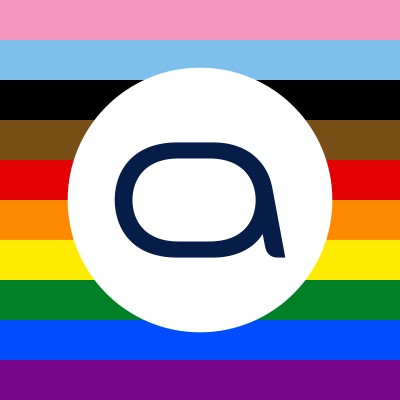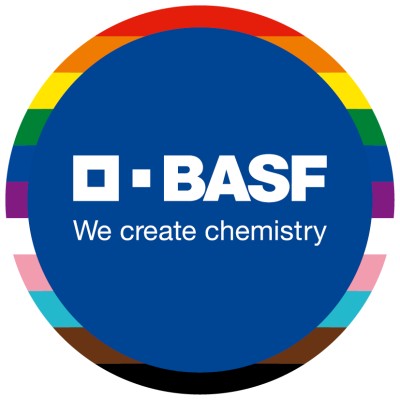
University of Alabama at Birmingham

Alabama
,United States

Program Rank

76

Program Name
PhD in Chemistry

Deadline
August 01st, 2025
Overview

Total Tuition Fees
$1,50,000

Duration
60 Months

Median Salary
$1,10,000
Ranking

#137
US World and News Report

#169
The World University Rankings

Intake
Fall ( Sept - Nov )
Class Profile

Class Size
30

Average Age
29

Average Work Experience
4 Years
Diversity
Alabama:
56%Others:
29%International:
16%Career Outcomes

Median Earnings After Graduation
$1,10,000 / year

Graduation Rate
62%
Prospective Job Roles
Green Chemistry Engineer
Biochemist
Chemical Biologist
Green Chemistry Researcher
Immunohistochemistry Technician
Chemistry Teacher
Geochemist
Chemist
Nuclear Chemist
Chemical Dependency Counselor
Chemical Engineer
Biochemical Engineer
Clinical Biochemist
Medicinal Chemist
Top recruiters

















Eligibility Criteria

At least 3 / 4 undergraduate GPA is expected.
English Proficiency Tests
TOEFL
95

IELTS
6.5

Standardised Test Score
GRE

Application Requirements
Here's everything you need to know to ensure a complete and competitive application—covering the key documents and criteria for a successful submission.

Application Fee: 80

Transcript

Passport

Statement of Purpose

Resume

IELTS

Academic LOR

Professional LOR

Professional LOR
Application Deadlines
| Standard Deadline | |
|---|---|
| Fall | Aug 1, 2025 |
Fees and Funding

Tuition Fees
$30,000 / year

Overall Cost
$45,000 / year
FAQs
Great resumes for graduate applicants are highly structured (tables/bullet points, running text kept to a minimum), readable, and short (two pages is desirable; more than three is too long). We look for raw information in the CV; explanations and interpretations go in the statement of purpose. The following information organized in easy-to-identify sections makes the CV most useful to us in the evaluation process: general information (name, current address, a good mailing address, gender, email, etc.). educational history in reverse chronological order, starting from the most recent: a list of the institutions attended and corresponding degrees obtained, including years of attendance. This part is particularly valuable because it is often difficult to reconstruct a clear picture of this history from the raw transcripts, especially when the candidate has attended multiple institutions. Also very useful: overall GPA and major GPA for each institution, if appropriate. Some institutions provide their students their ranking/position in their graduating class; together with the GPA, this is also very useful to provide context to evaluate raw scores. research/ internships/work /other professional history in the chemical field. Previous research or work experience in a chemical lab is extremely important to the application and should be well advertised in the CV. awards / recognitions / honors, if any. publications/presentations /other forms of dissemination, if any: listed in reverse chronological order, clearly indicating the type of dissemination (e.g. poster vs. oral presentation vs. paper), in a citation format commonly accepted within the discipline (if in doubt, ask your advisor). Homogeneous font and formatting choices throughout the CV lend it a more “professional” look. CVs (and any other documentation) are best provided as PDF files when possible because these are easy to open on any platform and they retain their original formatting well. Most word processing systems (e.g., Word, Google Docs) can save a file to PDF.
Hopefully we will be able to get back to you soon after your application is complete, but unfortunately, we are typically unable to specify when the evaluation will be completed. We continuously re-evaluate applications as we make offers and adjust our plans for the incoming class.
We will consider your application even if your GPA is lower than our minimum (3.0 on a 4-point scale) if you have other areas of strength, as highlighted by your CV, research experience, or letters of reference. In such cases, you may be admitted conditionally under a “Permission to Continue” clause (PTC). A condition will be imposed on the admission, typically requiring to maintain a 3.0 GPA or better in the first 12 credits of graduate work at UA. We also sometimes offer students with lower English proficiency scores than the minimum required conditional language admission. Students with conditional language admission must attend full-time intensive English language instruction at UA’s English Language Institute (ELI) until they achieve adequate proficiency. Be advised this may slow your progress towards your degree.









Ready to elevate your study abroad journey?
Book a call with us now and take the first step towards your global future!















